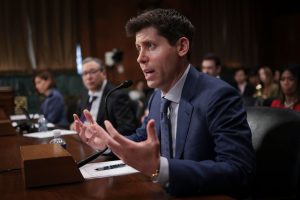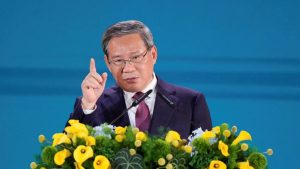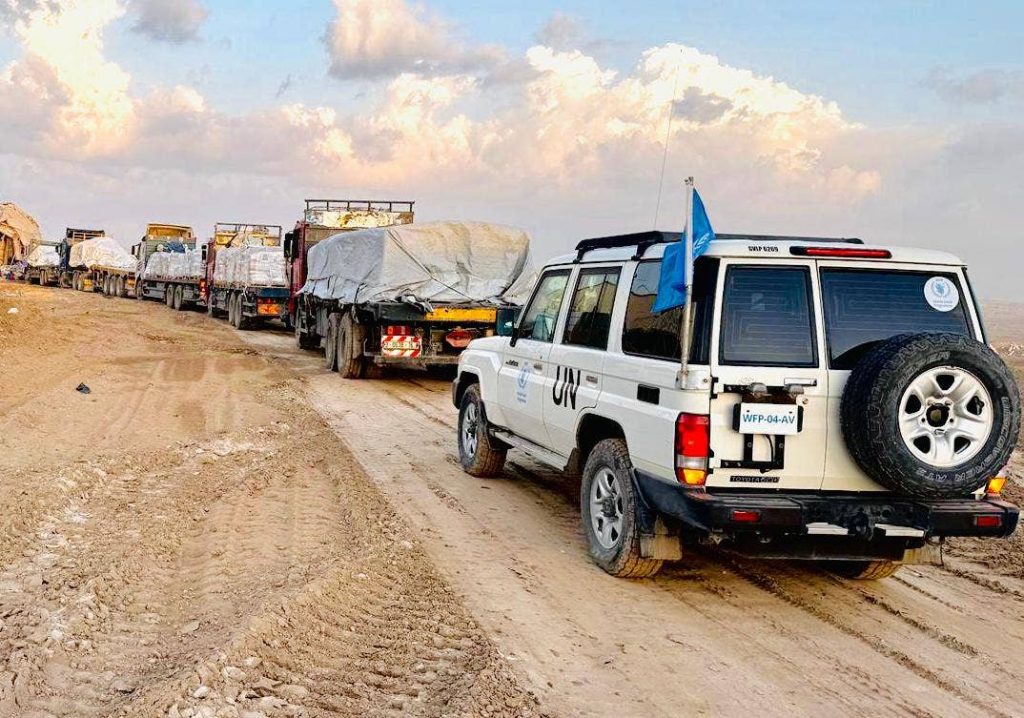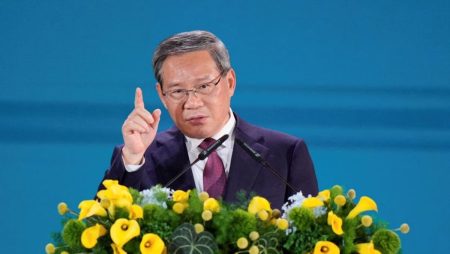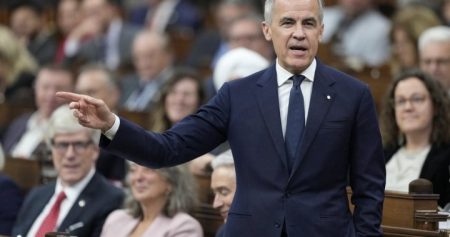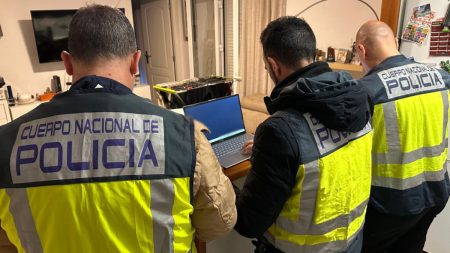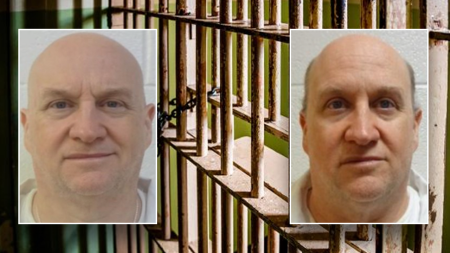The United Nations Relief and Works Agency for Palestine Refugees in the Near East (UNRWA) finds itself embroiled in controversy, facing mounting pressure over alleged ties to terrorist leaders and accusations of fostering anti-Israel sentiment and support for terrorism through its educational programs. Despite a recent UN General Assembly resolution reaffirming support for UNRWA, internal divisions within the UN are surfacing, with some agencies questioning the agency’s efficacy and proposing alternative solutions for delivering aid to Palestinian refugees. Sweden’s recent decision to cease funding to UNRWA, citing an Israeli government ban, further underscores the growing international scrutiny of the agency’s operations and its alleged links to extremism.
Behind the façade of UN solidarity, quiet discussions are taking place regarding potential successors to UNRWA’s programming. The United Nations Development Programme (UNDP) has reportedly expressed its willingness to assume responsibility for UNRWA’s operations, aiming to promote peace and stability in the region. However, UN Secretary-General António Guterres has rejected these proposals, leading to internal conflict within the UN. This resistance from the Secretary-General highlights the complex political dynamics surrounding UNRWA and the delicate balance the UN seeks to maintain in the Israeli-Palestinian conflict. While some UN officials acknowledge the agency’s shortcomings, the top echelons of the organization appear hesitant to embrace alternative solutions, potentially fearing a disruption in aid delivery or a further escalation of tensions.
Israel Hayom newspaper corroborated reports of Guterres’ opposition to the UNDP’s offer, highlighting the Secretary-General’s fundamental disagreement with the UNDP’s willingness to take on key responsibilities in the Palestinian territories, including fuel distribution, waste removal, and rubble clearance. This resistance, coupled with reports of international aid organizations, led by the UNDP, preparing to expand their activities in the Gaza Strip, suggests a growing awareness of UNRWA’s limitations and a potential shift towards alternative aid delivery mechanisms. The UN’s official stance, however, continues to emphasize UNRWA’s “irreplaceability,” citing its extensive work in health and education, and emphasizing that no other UN agency can replicate its scope of work.
This assertion of UNRWA’s irreplaceability has been challenged by critics who argue that the agency represents only a small percentage of total aid to Palestinians. While UNRWA emphasizes its significant contributions to healthcare, food security, and mental health support in the Gaza Strip, security officials and international aid groups suggest that other organizations like the World Food Program, World Central Kitchen, UNICEF, the World Health Organization, and ANERA play a more central role in aid delivery, possessing independent logistical chains and the capacity to operate independently of UNRWA. This difference in perspective highlights the ongoing debate about UNRWA’s actual impact and the potential for other organizations to effectively deliver aid to Palestinian refugees.
UNRWA’s financial stability has also been shaken by the emergence of credible information linking its members to the October 7, 2023 terror attacks in Israel. The US, a major donor, has significantly cut funding to the agency, further exacerbating its financial woes. In contrast, the UNDP, unburdened by these controversies, has continued its development work in the region, funding a significant portion of its Gaza Emergency Response and Early Recovery Programme. The UNDP’s focus on early recovery initiatives, including infrastructure rehabilitation, cash-for-work programs, and capacity building, further distinguishes it from UNRWA’s primarily humanitarian focus and reinforces the argument for alternative approaches to supporting the Palestinian people.
The controversy surrounding UNRWA intensified with UN Watch’s release of a dossier documenting meetings between UNRWA leaders and representatives of terrorist groups. While UNRWA dismisses these reports as disinformation, UN Watch maintains the veracity of its findings, arguing that the information was publicly available online and on social media. This public airing of UNRWA’s alleged ties to terrorist organizations has fueled the debate about the agency’s neutrality and impartiality, and further eroded trust in its ability to foster peace and stability. The US, in its dissent from the General Assembly’s resolution supporting UNRWA, echoed these concerns, criticizing the resolution’s failure to address credible allegations about UNRWA personnel and calling for a path forward that restores trust between Israel and the agency. The General Assembly, while reaffirming support for UNRWA, acknowledged the need for the agency to address its financial and operational crises and implement recommendations for improvement. This acknowledgment, coupled with ongoing international scrutiny and internal UN discussions, suggests that UNRWA’s future remains uncertain.

